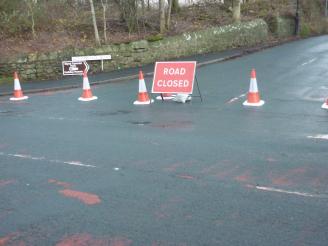Social Care - Impacts of Storm Desmond
Storm Desmond hit the North Lancashire area on the 5th December 2015. This led to record water heights in the River Lune, with extensive flooding of surrounding land, property and roads.
Water ingress into Lancaster’s main electricity sub-station led to a loss of power to 55,000 homes (over 100,000 people) from 10.30pm on Saturday 5th December, to 6am on Monday 7th, with an intermittent supply after that.
Mobile phone communications were also lost throughout this time, due to lack of power to transmitters. Many roads were partially or fully blocked by flooding.
The impacts on local social care provision were significant in many areas and CLASP has produced a case study about the impacts in the village of Halton, north of Lancaster.
There are many lessons to be learnt from this case study for increasing resilience in other local areas.
Or view it online:
As our climate continues to change it is critical that all parts of the health and social care system, including the communities they serve, take action to prepare.
Vulnerable people are at heightened risk from extreme events such as flooding such as flooding, heat and cold. Social care providers, local authority Health and Wellbeing Boards, and NHS commissioners all have an important role to play in improving the health and wellbeing of local communities. You can contact your local Health and Wellbeing Board via your local council website, to discuss these issues in your area.
02/02/2018
24/01/2018
03/05/2017

